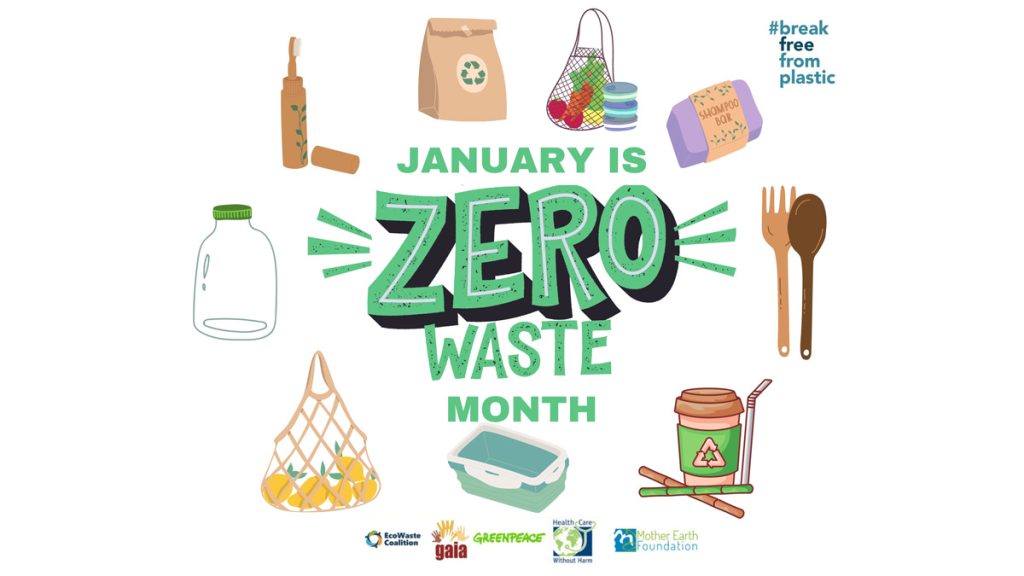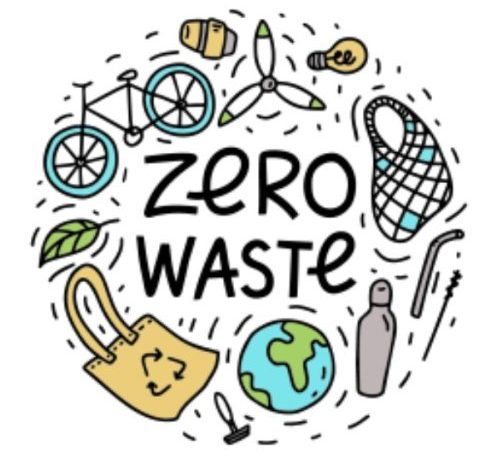
Welcome To Zero Waste LifeStyle Indonesia!
The concept of zero waste life refers to a lifestyle in which individuals strive to minimize the amount of waste generated by their daily activities. This involves reducing, reusing, recycling, and composting waste to ensure that nothing ends up in landfills or incinerators. People who adopt a zero waste lifestyle aim to make more sustainable choices regarding consumption, opting for environmentally friendly products, avoiding items that generate excessive waste, and actively seeking ways to reduce waste in various aspects of their lives.
what about zero waste lifestyle in Indonesia?
Helping Others Understand
This website to understand about Environmental activism, eco-friendly projects, and sustainability tips for Indonesian youth.
Why Learn About Zero Waste LifeStyle Tips In Indonesia?
A broader definition of "zero waste life" encompasses efforts to reduce negative environmental impacts through various means beyond just minimizing waste. This includes choosing environmentally friendly products, using resources wisely, reducing carbon footprint, supporting renewable energy, preserving biodiversity, and promoting environmental awareness in general. In this sense, sustainable living is not just about waste reduction but also about considering the impact of daily decisions on our planet.
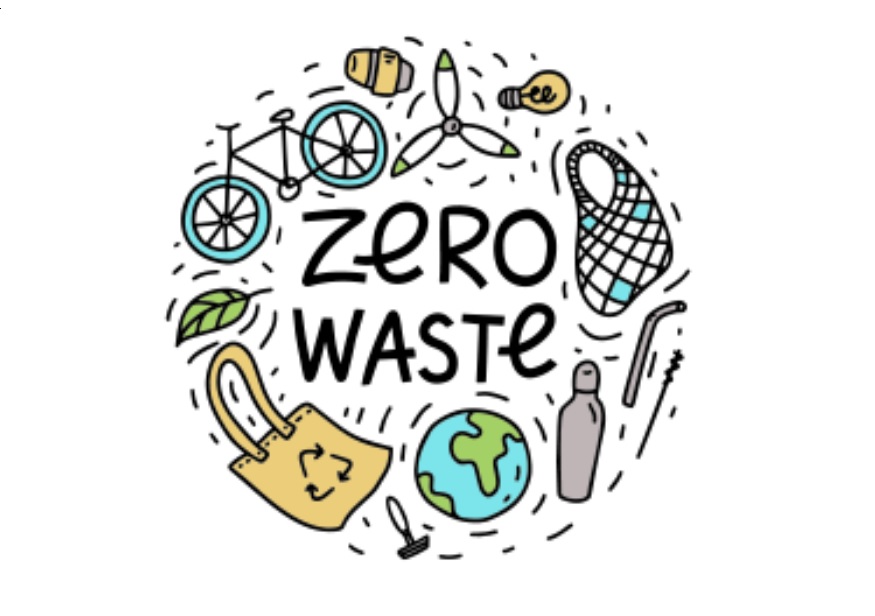
Using Shopping bags and reusable containers
Many people are starting to bring their own cloth shopping bags and plastic or stainless steel containers when shopping to reduce the use of plastic bags and single-use containers.
Redusing plastic usage
Communities and individuals in Indonesia are actively involved in campaigns to reduce plastic usage, such as avoiding plastic straws, using reusable water bottles, and opting for products that are not excessively packaged.
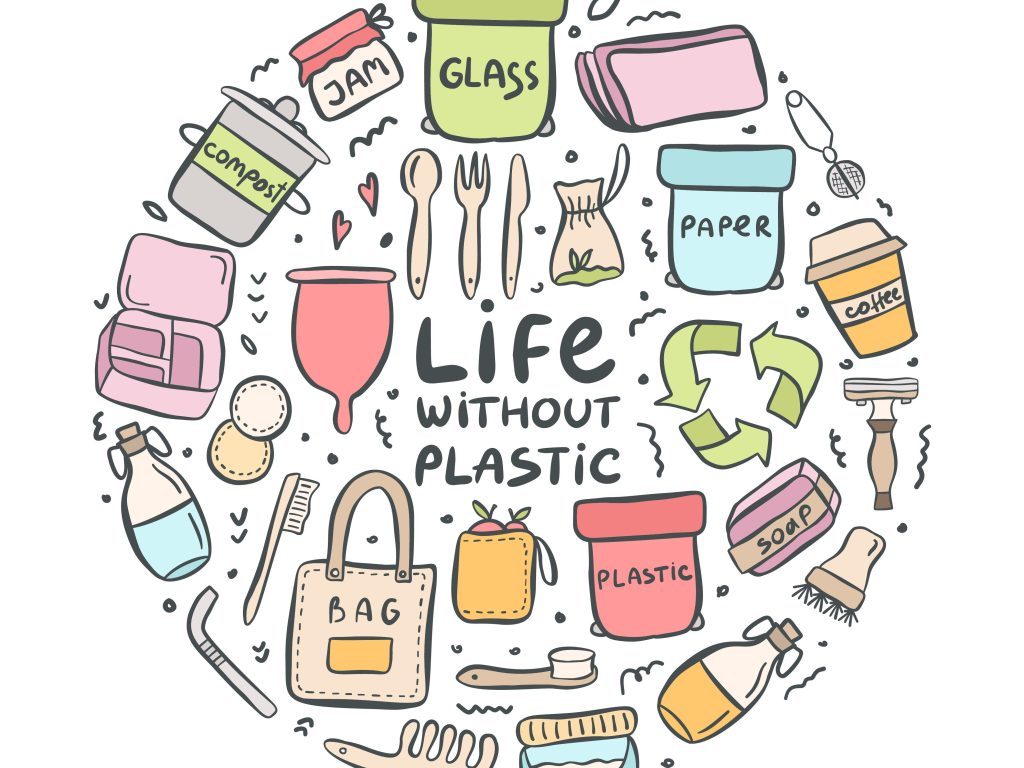
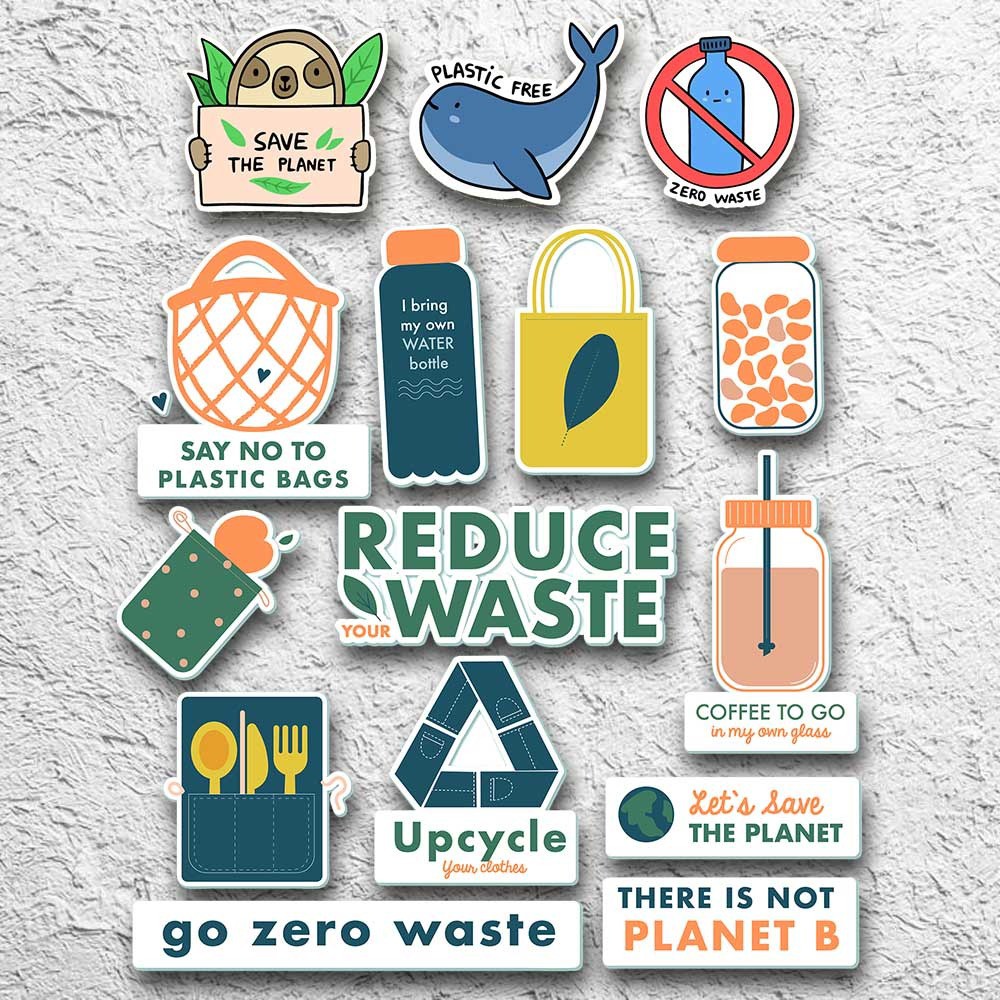
Compasting
More and more households are starting to compost their organic waste to produce natural fertilizer, reducing the amount of waste going to landfills.
WASTE REDUCTION CAMPAIGN
Communities and non-governmental organizations in Indonesia often organize campaigns and events to raise awareness about the importance of waste reduction, such as beach clean-ups and government programs like the "Clean Indonesia Movement".
